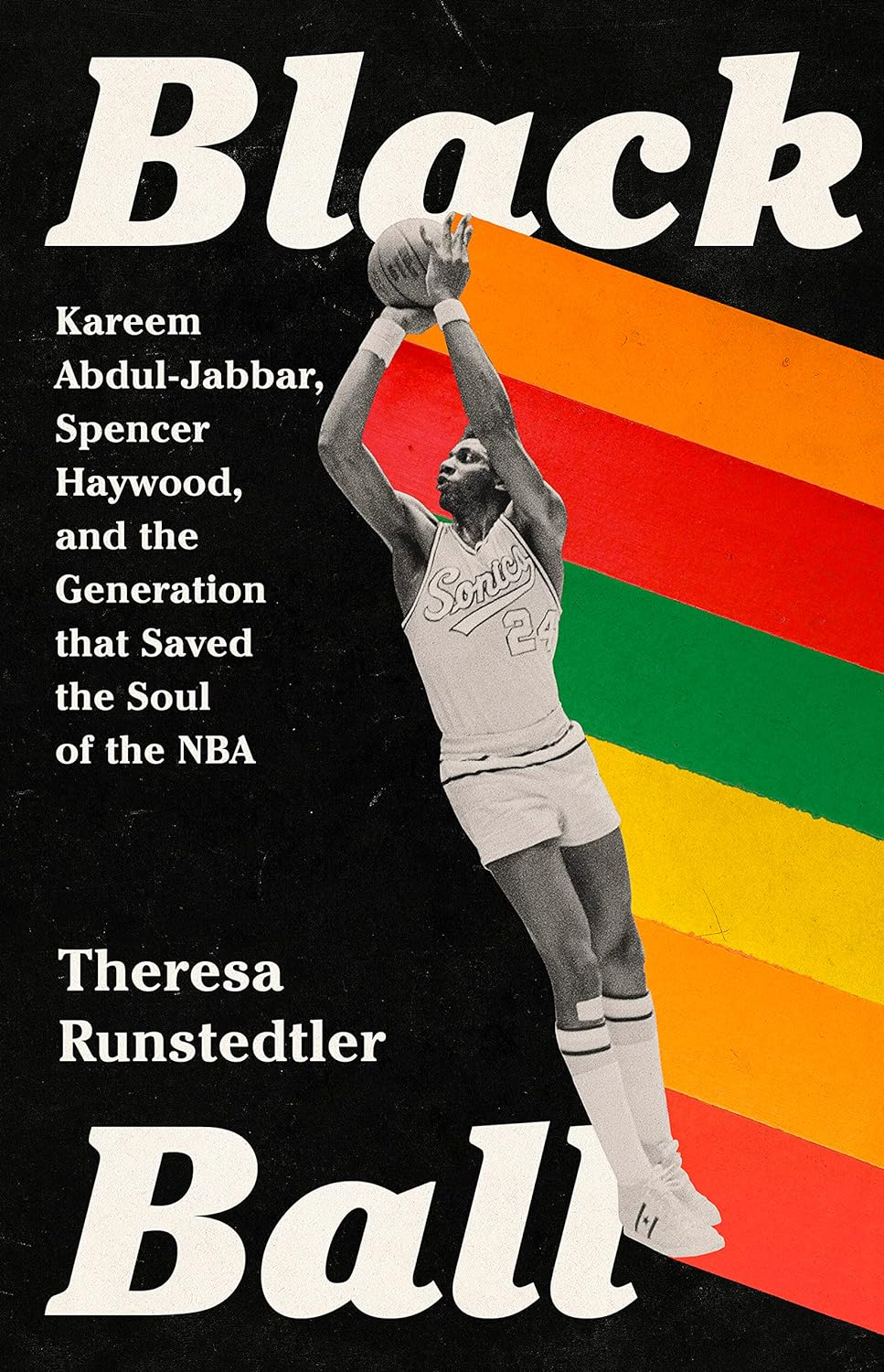“NBA and Cocaine: Nothing to Snort At,” declared the Los Angeles Times headline wryly. “There are no reliable figures on the use of cocaine by players,” writer Chris Cobbs admitted, “but estimates by people in the game range from 40 to 75%, with perhaps as many as 10% getting high with freebase.”
When that story ran in August 1980, the NBA appeared to be a league in crisis. And given that around 75% of the league’s players were African American, it appeared to be a Black crisis. Cobbs’s exposé came in the wake of the well-publicized drug-related arrests of Bernard King (New Jersey Nets) and Eddie Johnson (Atlanta Hawks). Not only had game attendance and television ratings dipped, but now professional basketball seemed to be on the verge of a cocaine epidemic. This was a public relations nightmare for a majority-Black league that white sports fans already perceived as being violent, criminal, and out of control.
Yet, rather than revealing the truth of the NBA’s so-called Dark Ages, Cobbs’s sensationalistic story throws into relief the fault lines of a decade-long struggle in the NBA over the future of the sport—one that intersected with broader racial politics. As Black ball became a referendum on Black freedom, the professional game emerged as a kind of morality play about the shifting place of African Americans in U.S. society—a site where the contours of Black citizenship and belonging in the post–civil-rights era were rehashed and reshaped. The white-controlled business of professional basketball, much like the nation at large, had to reckon with rising Black demands for not just equality of opportunity, but also equality of results. The supposed decline of professional basketball became a metaphor for the first decades of racial integration in America: The rules of the game had changed, allowing more Black people onto a formerly white playing field, and now they were ruining everything.
However, in reality, this was hardly the case. As they challenged the status quo on and off the court, African American players from the 1970s laid the groundwork for the rise of the dazzling, star-laden NBA we know today.
